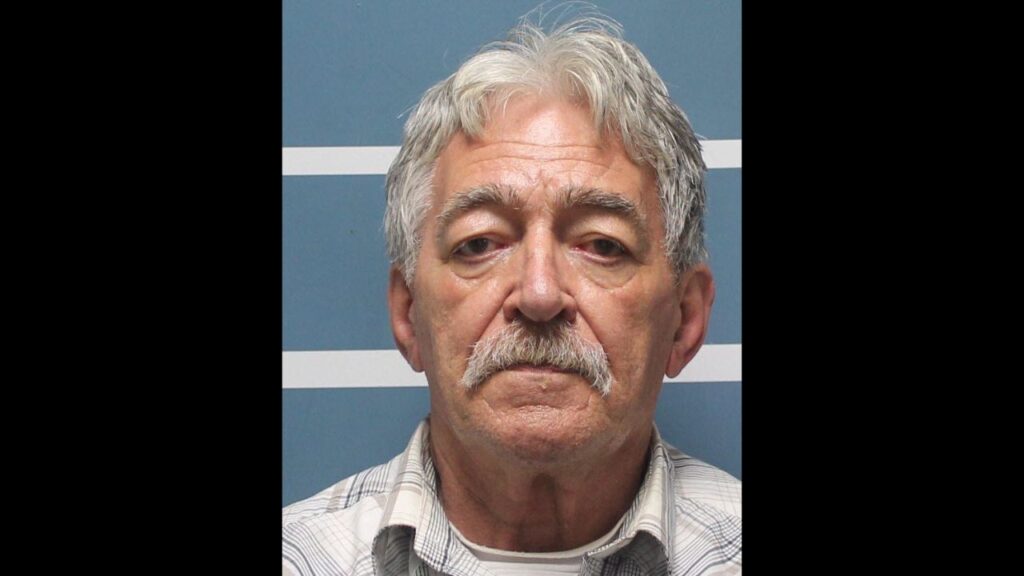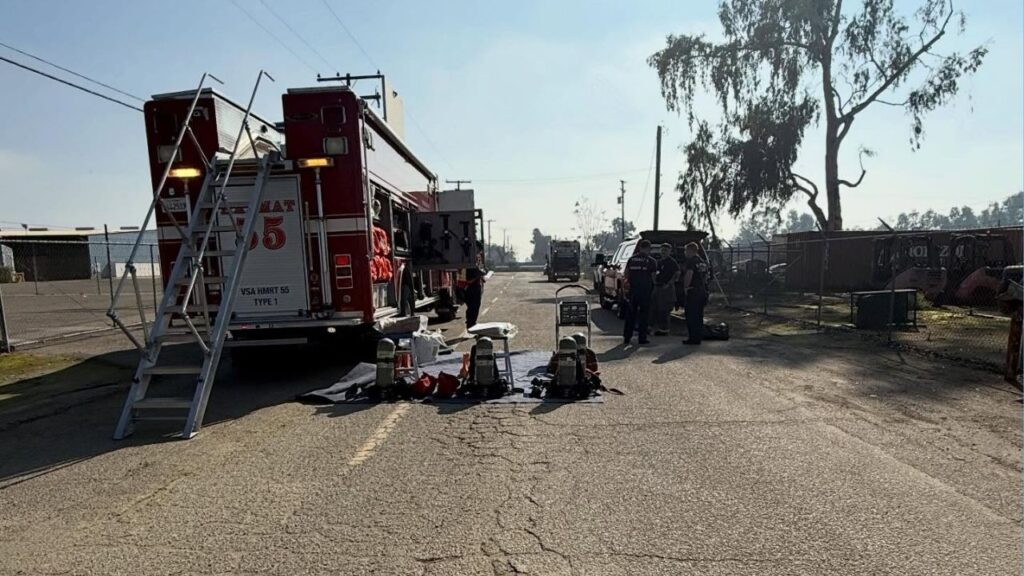Share
|
Getting your Trinity Audio player ready...
|
The California Supreme Court recently delivered a blow to the nation’s largest agricultural district, the Westlands Water District, in its quest for a permanent water contract with the Bureau of Reclamation.
The court’s refusal to reverse lower court rulings denying the contract has left the district, roughly the size of Rhode Island, in a precarious position, dependent on temporary agreements.
The case has been a rallying point for a diverse coalition of Native Americans, fishermen, scientists, and conservationists. They argue that the contract needs more scrutiny, especially considering California’s ongoing drought and the potential impacts on fisheries.
“It’s a huge win for the public and for the environment,” said Steve Volker, an attorney representing several groups in the coalition.
Westlands Reacts
Allison Febbo, general manager of Westlands, said that the court’s decision was not a surprise to the water district.
“Although disappointing, petitions for review are rarely granted,” Febbo said. “Further, neither the denial of review nor the underlying lower court decisions, impact the validity of Westlands’ ongoing contracts with the Department of Reclamation.”
The state Supreme Court’s rejection doesn’t mean that Westlands will stop receiving water deliveries. Under the Central Valley Project Improvement Act signed into law in 1992, Interior Secretary Deb Haaland can enter into two-year term water contracts.
Since its inception, the district has been among the last in line to receive water. However, that wasn’t a challenge for Westlands’ growers until courts ordered that more water be kept in rivers to protect endangered fish species and pumping in the Sacramento-San Joaquin River Delta be curtailed at certain times of the year.
The tribe and other opponents to a permanent Westlands’ contract are calling for a pact that meets trust responsibilities for the tribe’s fishery, collects owed and future restoration payments, and ends Westlands’ “assault on our property rights and sovereignty over the Trinity River fishery,” according to Hoopa Valley Tribal Councilmember Isaac Bussell.
Court Declined to Validate Trump Era Contract for Westlands
Westlands has been seeking a permanent contract for the water it draws from the Central Valley Project, under a 2016 federal law. The Trump administration issued a permanent contract in 2020, but it’s not enforceable until validated by a state court. The lower California court refused to validate the contract in 2020, citing missing details about the costs that Westlands is required to pay the federal government.
The Hoopa Valley Tribe, which opposed the contract, celebrated the decision. Members argued that the contract “discounted Westlands’ massive debt” to taxpayers. The tribe’s chair, Joe Davis, said, “‘Petition for review denied.’ That is the Supreme Court’s entire decision, and it is the right decision.”
This case is a reminder of the complexities of water rights and the delicate balance between agricultural needs, environmental concerns, and indigenous rights. As the drought continues and the climate crisis worsens, these issues undoubtedly will become more pressing.
Read more at E&E News.
RELATED TOPICS:
Categories

















